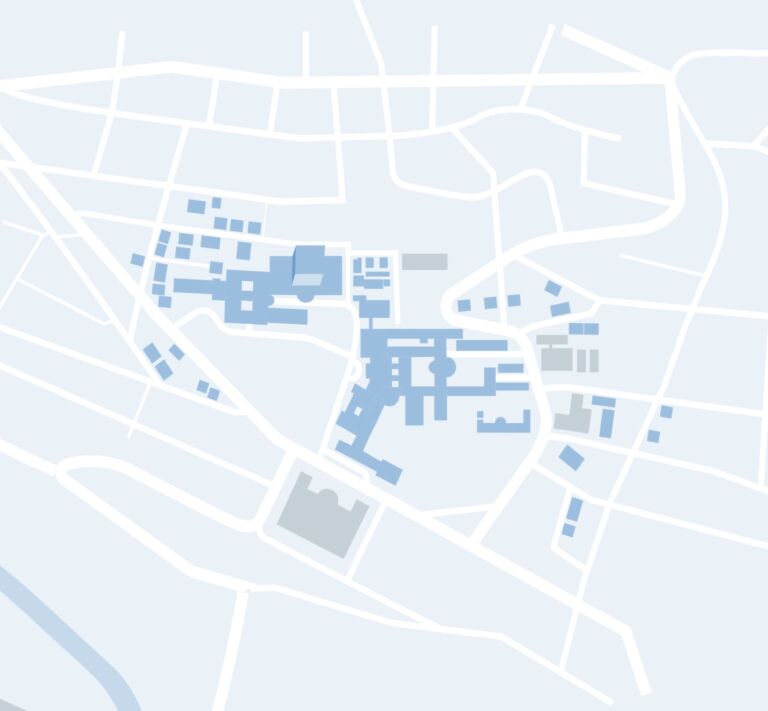To calculate the due date, the first day of your last menstrual period is used, as the exact time of fertilization is usually not known. Based on this date, a pregnancy lasts an average of 40 weeks or 280 days (the so-called Naegele rule). Please note, however, that the actual “due date” can be up to two weeks before or after the calculated date.
How is the due date calculated without a period?
If the exact time of the last menstrual period is unknown, the due date can be determined by an ultrasound scan in early pregnancy. This method is particularly accurate in the first twelve weeks and provides reliable information about the gestational age and the expected date of birth.
How can I work out when my baby was conceived?
To calculate the date of conception of your child, you can take the first day of your last menstrual period as a starting point and add about 14 days. This time corresponds to the approximate time of ovulation and therefore possible fertilization. A more precise determination can be made by means of an early ultrasound examination, which narrows down the gestational age and the date of conception.
When does maternity protection begin?
As a pregnant woman and immediately after giving birth, you are specially protected as an employee. For example, your employer must exempt you from certain work and may not dismiss you during pregnancy and maternity leave if you have a permanent employment contract. This protection starts from the first day of pregnancy, even if you are not yet aware of it. As pregnancy is not an illness, you are generally considered fit for work until the birth.
After the birth, you are not allowed to work for 8 weeks and are entitled to 14 weeks’ maternity leave at 80% of your salary. You are still not allowed to give notice until 16 weeks after the birth.
You are also specially protected during the breastfeeding period: Your employer must allow you sufficient time for breastfeeding and employ you in such a way that neither your health nor that of your child is impaired.
As not all employees benefit from maternity protection in the same way, you should contact Seco as soon as possible after the positive pregnancy test to find out about your personal situation. In addition, many companies have regulations for pregnancy and breastfeeding that go beyond the statutory obligation. It is therefore worth seeking a discussion with your employer at an early stage.


